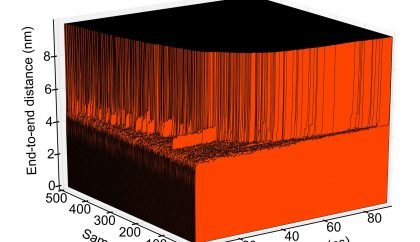
Dynamic disorder can explain non-exponential kinetics of fast protein mechanical unfolding
Dr. Bogdan Costescu et al. unfolded a protein in the computer thousands of times – and successfully detected signatures that hint …
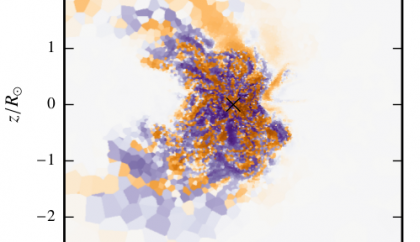
First simulation of binary stars in the common envelope phase including magnetic fields
During the common envelope (CE) phase, a giant star in a binary system overflows its Roche lobe and unstable mass transfer …

Successful computing time proposal at SCC, Karlsruhe
Friedrich Röpke and Sebastian Ohlmann of the PSO group were granted 4.4 million core hours of computing time on the computing …
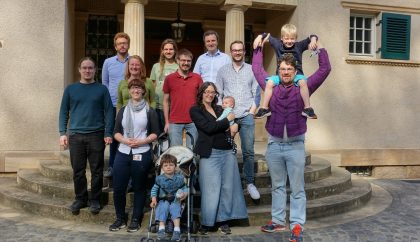
Australian Astrophysicists visit HITS
The astrophysicists Ashley Ruiter, Ivo Seitenzahl, and Fiona Panther of the Australian National University (ANU) in Canberra visited the PSO group …
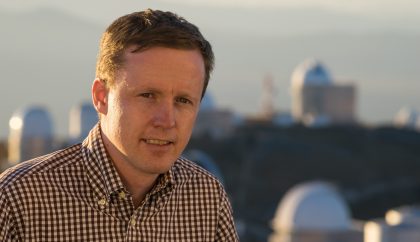
Gliese Fellow Markus Kromer joins HITS
In October 2016, Dr. Markus Kromer joined the Physics of Stellar Objects (PSO) research group at HITS as a visiting scientist. Markus …
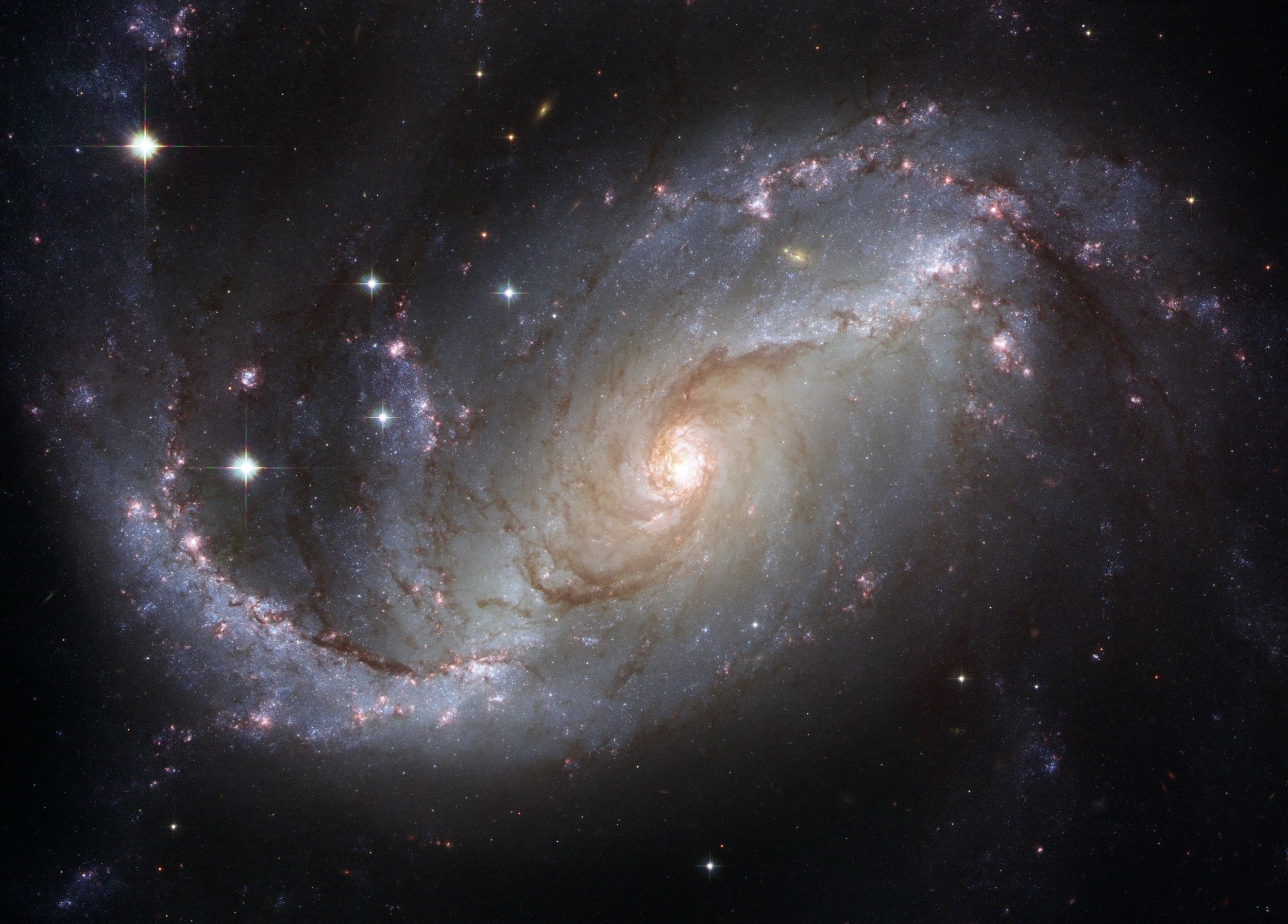
On the way to better understand the Universe
HITS is scientific partner of the ARC Centre of Excellence for All Sky Astrophysics in 3 Dimensions – led by the Australian National …
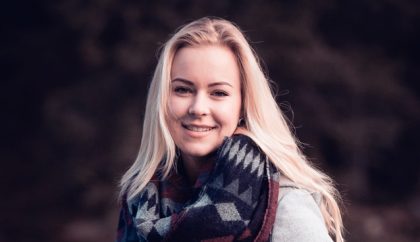
Welcome Lena!
A warm welcome to Lena Thärichen that has just joined the MBM group as an intern. Lena is a master …
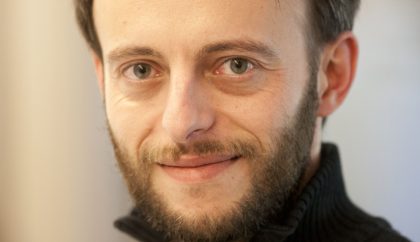
Data for life
HITS researcher Alexandros Stamatakis is new SAB member of the Greek ELIXIR National Node Prof. Alexandros Stamatakis, head of the Scientific …
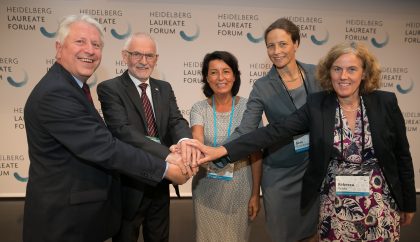
New energies: strengthening mathematics and computer science
HITS and Heidelberg University are scientific partners of the Heidelberg Laureate Forum Foundation – sustainable and professional support to the annual meeting …

Coling Paper Accepted
The paper “Incremental Global Event Extraction” by Alex Judea and Michael Strube has been accepted for Coling 2016, which will take place …